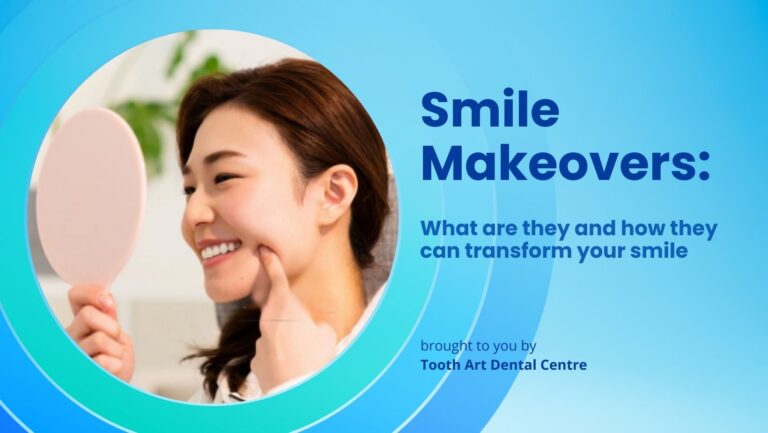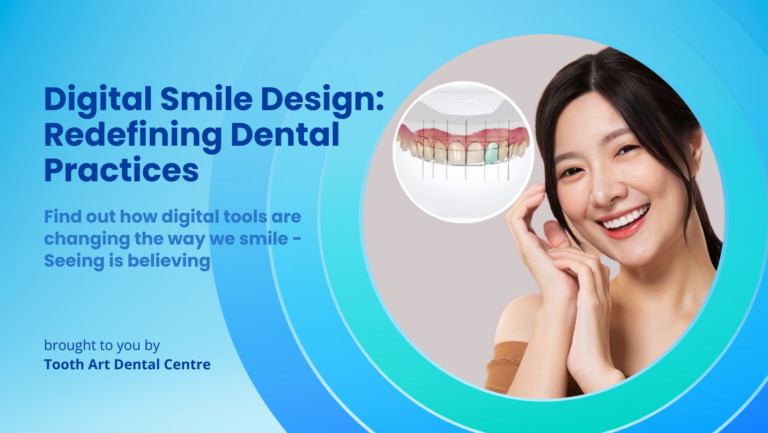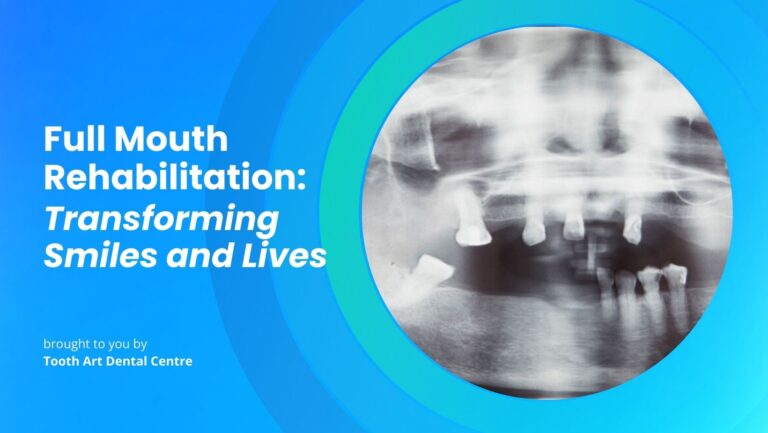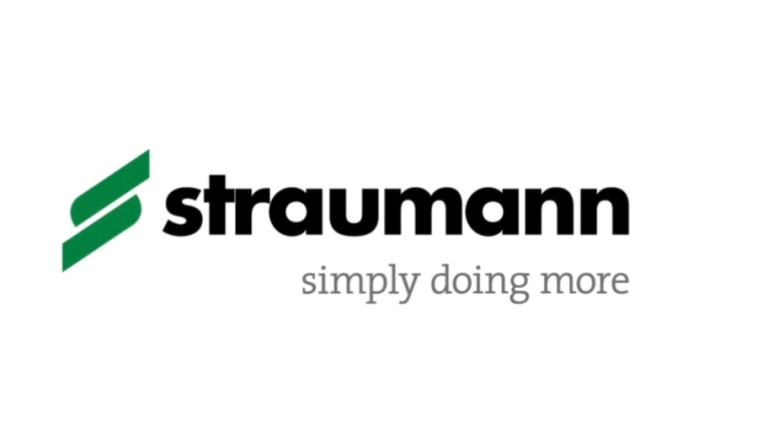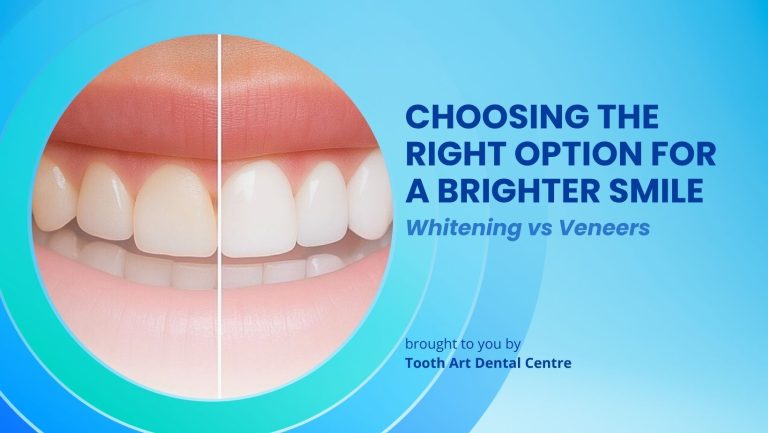Types of Dental Crowns: Which dental crown is best for me?
When it comes to restoring a damaged or weakened tooth, dental crowns are a tried-and-true solution that provides both strength and a natural appearance. However, with various types of crowns available – each with unique advantages in terms of durability, aesthetics, and cost – it can be challenging to know which one is the best fit for your needs.
In this two-part series article, we’ll guide you through the essentials of dental crowns, helping you understand the different types, their affordability, and what makes for an excellent crown fitting. First, let’s talk about the various materials used in crowns and how they impact your smile and budget.
1. All-Metal Crowns
Metal crowns, typically made from gold, palladium, nickel, or chromium alloys, are incredibly durable and long-lasting. They withstand chewing and biting forces well, making them ideal for back teeth. Although they don’t blend with natural tooth color, metal crowns are an excellent option for patients looking for reliability and durability over aesthetics.
Pros:
- Extremely durable and long-lasting
- Requires less tooth structure removal
- Resistant to chipping and breaking
Cons:
- Unappealing metal appearance
- Generally not suitable for visible teeth
2. Porcelain Crowns
Porcelain crowns are highly popular for their natural look. Made entirely of ceramic, they closely resemble the appearance of natural teeth, making them a great option for front teeth where aesthetics matter. Porcelain crowns are also biocompatible, meaning they don’t contain metal, making them less likely to cause allergic reactions. However, they can be slightly less durable than some other materials, especially for back teeth that experience higher pressure from chewing.
Pros:
- Natural appearance
- Biocompatible and hypoallergenic
- Ideal for front teeth
Cons:
- Can be prone to chipping
- Less durable than metal or ceramic-fused options for molars
3. Porcelain-Fused-to-Metal (PFM) Crowns
Porcelain-fused-to-metal crowns combine the aesthetic appeal of porcelain with the strength of a metal substructure. They provide a more natural look while still offering good durability, making them suitable for both front and back teeth. The metal base enhances the crown’s longevity, although it may occasionally show a thin dark line at the gum line, which some may find less desirable.
Pros:
- Strong and durable
- Natural-looking
- Suitable for both front and back teeth
Cons:
- May show a dark line at the gum line over time
- Can cause slight gum irritation for some patients
4. Zirconia Crowns
Zirconia crowns have become increasingly popular in recent years. Made from a high-strength ceramic called zirconium dioxide, these crowns are durable and highly aesthetic. Zirconia crowns can be designed to mimic the color of natural teeth, making them ideal for those who want a durable, tooth-colored option. They are also biocompatible and resistant to staining.
Pros:
- Highly durable and long-lasting
- Natural-looking appearance
- Biocompatible and stain-resistant
Cons:
- Can be more costly than other options
- May be too hard for some patients, leading to possible wear on neighboring teeth
5. E-max Crowns
E-max crowns, a short form for ‘esthetic maximum’, are crafted from lithium disilicate, a type of glass ceramic known for its strength and beautiful translucency. They are highly durable, making them suitable for both front and back teeth, and their realistic appearance closely matches natural enamel. E-max crowns are particularly resistant to chipping, making them an ideal choice for patients who prioritize both aesthetics and durability. However, they can be more costly compared to other options.
Pros:
- Exceptional aesthetics with a translucent, natural look
- High strength and chip-resistant
- Ideal for both front and back teeth
Cons:
- Higher cost compared to some other crown types
6. Composite Resin Crowns
Composite resin crowns are typically more affordable than other types. They can be molded and shaped to match your natural teeth, making them an appealing choice for front teeth or temporary restorations. However, they are generally less durable and more prone to wear and staining than crowns made from other materials.
Pros:
- Cost-effective
- Natural appearance
- Good for temporary solutions or front teeth
Cons:
- Less durable and prone to wear
- Susceptible to staining over time
7. Temporary Crowns
Temporary crowns are often made of acrylic or stainless steel and are used as a short-term solution while a permanent crown is being crafted. Although temporary crowns don’t have the durability or appearance of permanent crowns, they serve an essential purpose by protecting the tooth until a permanent crown is ready.
Pros:
- Provides temporary protection
- Allows time for a permanent crown to be made
Cons:
- Not as durable or aesthetically pleasing
- Not intended for long-term use
Which Crown is Right for You?
Selecting the right type of dental crown depends on several factors, including the tooth’s location, your budget, and your preference for appearance and durability. Your dentist can recommend the best option based on your unique needs. Whether it’s the strength of a metal crown, the beauty of porcelain, or the balance of porcelain-fused-to-metal, there is a crown type suited to each patient’s situation.
At Tooth Art Dental Centre, we provide professional guidance to help you choose the crown that’s right for you. Contact us today to learn more about how dental crowns can restore your smile and protect your dental health for years to come.


